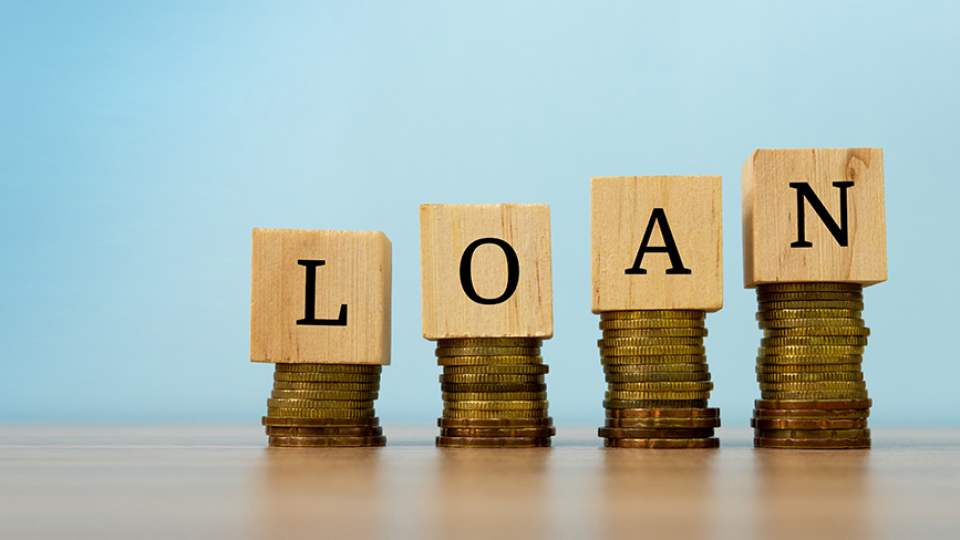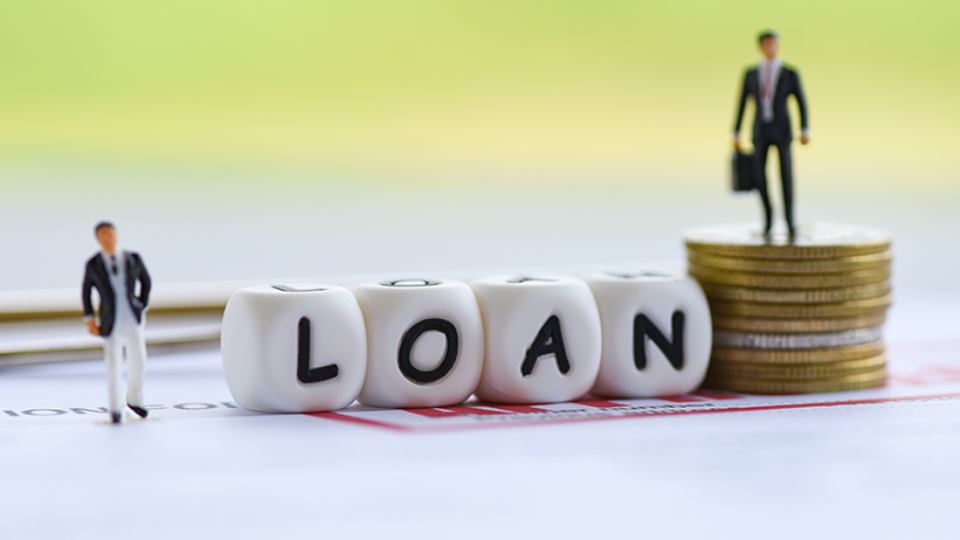People enter adulthood, hardly ever having been formally taught about how to manage their money. Whatever finance management they know would have been takeaways from watching other adults as children, and any other habits picked up early on in their lives. Personal finance management is very much a trial and error process - you learn from your mistakes over the years and find out what works for you. However, as you grow older you develop certain habits that you don’t notice until it’s too late. It’s very important to keep an eye on whether you are indulging in habits to avoid during your youth as they will most likely carry on into your adulthood, by which time it will be very hard to shake off.
Financial Habits to Avoid and How to Identify Them:
Not saving
Saving is definitely a habit, and one which you must inculcate during your youth. Developing a savings habit usually means you always save a portion of your income prior to allocating the rest to your expenses, rather than spending first and saving what’s left. Over time, this will become an instilled habit and the feeling of not saving will feel irksome. Missing a month or two due to high expenses during that time is understandable - unavoidable almost. However, if you talk yourself out of setting aside that money for savings regularly, that means you are developing a habit of not saving.
Tip: Automate a monthly deposit into your savings account on your payday so that the decision to save is taken out of your hands.
Dipping into your savings
Occasionally dipping into your savings is completely fine - after all, it’s what it’s there for (although, you would have preferably set up an emergency fund to cover these situations). However, if you regularly turn to your savings account for your daily expenses as the month ends, this means that you have developed a bad habit. There’s no point of saving if you end up ultimately spending what you save. In cases like this, it might be that you are trying to save an unrealistic amount of money each month without leaving sufficient money to cover your monthly expenses.
Tip: Get rid of any debit cards or online accesses associated with your savings account; that way, you can only make withdrawals using your passbook which is enough of a hassle to discourage you from dipping into your savings unless it’s absolutely necessary.
Spending more than you earn
If you find yourself short of cash regularly each month and scrambling to find some money to last you the final few days until your next paycheck, that’s a clear sign that your expenses are far greater than your income. The quickest solution to this problem is to analyse your expenses and reduce wherever necessary; the next step is to increase your income.
Tip: Create a budget for yourself at the start of each month and tighten your purse strings extremely for a few months. Once you’ve developed budgeting habits, you can allow yourself your freedom.
Relying too much on credit cards
If you find yourself with a hefty credit card bill each month, if you’ve been paying off various instalment schemes on it for as long as you can remember or if you resort to just settling the minimum payment each month, it seems like you are depending on your credit card to finance your life. Remember - your credit card limit is not part of money that’s freely available to you. It’s a line of credit that should not be relied on too much. You should be able to easily cancel your credit card at any time should the need arise.(Read here :How to get rid of credit card debt)
Tip: Use your credit card only in situations where you will save money (e.g. cashback schemes, credit card offers etc.) and always pay it off in full each month

Borrowing money regularly
If the thought of borrowing money from other people doesn’t bother you, you have already developed a bad habit. If it’s something you do regularly, that’s worse. Borrowing is a habit to avoid and should be a last resort only in times of emergencies, even if you intend on paying it back immediately.
Tip: Find out why you need to borrow money. Delayed salary? Find another income stream or change your job. Salary too low? Spend less or increase your income. Borrowing is never the answer.
Bad shopping habits
If a majority of your income is going towards simply buying things, it’s time to relook at your buying habits. Furthermore, if you turn to shopping to make yourself feel better, you regularly buy things on a whim without any pre-planning (be it clothes, accessories, electronic items, games etc), or worse, if you buy things that you don’t really want or need just to keep up with what everyone else is doing, it means you’ve developed some seriously bad shopping habits to avoid.
Tip: Instead of simply reducing your shopping, try and budget an amount for shopping each month, say Rs. 5,000. If you want to buy something really expensive, you’ll need to save up your budget for a few months.
Spending your entire paycheck
.jpg)
If your fixed expenses, savings and a few indulgent treats here and there don’t take up your entire paycheck but you are still left with only a few rupees before payday, it seems like you are approaching your entire paycheck wrong. You don’t need to utilise your entire paycheck each month. If you find yourself thinking, “I have Rs. 10,000 left in my spending account and there’s only a week left until payday so I can go out drinking with my friends” - that’s a habit to avoid. If you have money left over after your budgeting, that remaining money should not be gleefully spent on things you don’t really need. Rather look at saving this money or, better, investing it. (Read here : How to make a budget by Paycheck)
If you’ve said yes to more than half of the above habits, it’s high time to take a good look at the state of your personal finance. If not you will have to find alternate sources of finance for consumer loans







